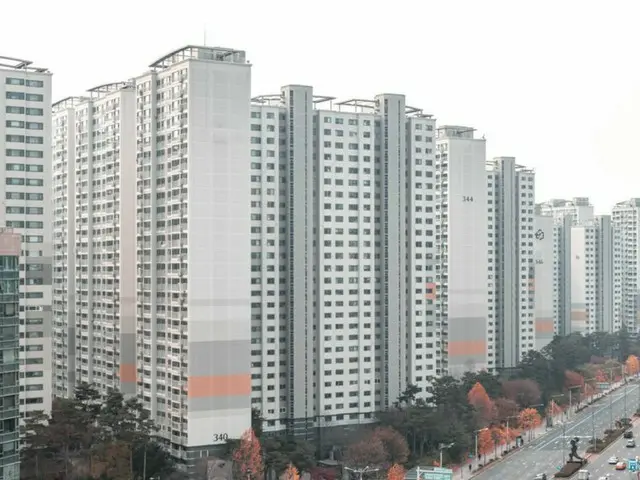This will effectively have the effect of reducing the loan limit, as loans can only be made for the amount excluding the borrower's credit limit. In Seoul, the loan limit is expected to be reduced by 55 million won (approximately 6 million yen) per case.
Previously, KB Kookmin Bank suspended new applications for home mortgage insurance and increased the limit on automatic bankbook loans (negative bankbook) from 100 million won (about 10.9 million yen) to 150 million won (about 16.3 million yen).
The four major banks (KB Kookmin, Shinhan, Hana, and Woori) have continued to offer loans despite successive increases in interest rates.
The demand for capital has not decreased, so they are closing off other routes of lending. This stance of the city banks is the result of strong influence from financial authorities. On the 25th, Financial Supervisory Service Chairman Lee Bok-hyun said,
When he said in the mass media that "raising interest rates is an easy way out," banks raised the barriers to lending across the board. The financial authorities, who had been quietly watching the 20th interest rate hike, suddenly appeared.
The financial authorities pointed out that the lending practices of city banks were irresponsible. The financial authorities said that the four major banks had cut their targets by up to 370% compared to their business plans at the beginning of the year.
The Bank of Japan announced that it had exceeded the target. This means that it has failed to reduce lending to households, but it has begun to treat banks as criminals in the face of the proposition of "solving the household debt problem."
"We will apply stricter standards than before," he said, suggesting strong intervention. The excess of loans to households by the four major banks is the result of a failure in the management and supervision of financial authorities.
There has still been no apology. This is a stark contrast to the image of the financial authorities at the beginning of the year, who were confident that they would keep the economy within the range of the nominal GDP growth rate. Rather, they are leaving it to be managed as it is now.
The only thing that raises the question is whether it is acceptable to continue lending. The response of the financial authorities has ultimately resulted in further tightening of lending regulations. With interest rates already rising sharply, the limit has been reduced and borrowing has become more difficult.
The damage to the borrowers is inevitable. In the end, the responsibility and burden of the failure to control lending fostered by the financial authorities has been passed on to consumers. Borrowers are only sighing louder.
2024/08/30 07:30 KST
Copyrights(C) Edaily wowkorea.jp 107

